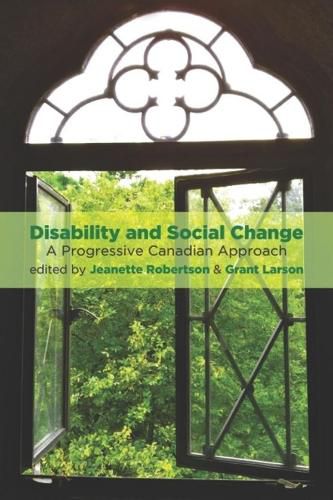Readings Newsletter
Become a Readings Member to make your shopping experience even easier.
Sign in or sign up for free!
You’re not far away from qualifying for FREE standard shipping within Australia
You’ve qualified for FREE standard shipping within Australia
The cart is loading…






This edited collection uses a critical theory perspective and draws on expertise from a range of contemporary policy and practice areas. Contributors include people with disabilities, family members, researchers, academics and practitioners. This book is an ideal text for students of social work, human services, child and youth care and disability studies. Chapters include first-person accounts from persons with disabilities, perspectives of families and historical perspectives, as well as a critical exploration of demographics, human rights issues, disability legislation and policy in Canada, theoretical approaches to disability, intersectionality and disability, Aboriginal people and disability, mental health disability, principles of anti-ableist practice, advocacy and strategies for change. This book offers as a fresh Canadian perspective on disability from a critical lens, challenging and inspiring students and practitioners alike to think outside the box and to examine their own attitudes and values toward disability, ensuring that they do not inadvertently impose ableist and oppressive practices on one of Canada’s most marginalized populations.
$9.00 standard shipping within Australia
FREE standard shipping within Australia for orders over $100.00
Express & International shipping calculated at checkout
This edited collection uses a critical theory perspective and draws on expertise from a range of contemporary policy and practice areas. Contributors include people with disabilities, family members, researchers, academics and practitioners. This book is an ideal text for students of social work, human services, child and youth care and disability studies. Chapters include first-person accounts from persons with disabilities, perspectives of families and historical perspectives, as well as a critical exploration of demographics, human rights issues, disability legislation and policy in Canada, theoretical approaches to disability, intersectionality and disability, Aboriginal people and disability, mental health disability, principles of anti-ableist practice, advocacy and strategies for change. This book offers as a fresh Canadian perspective on disability from a critical lens, challenging and inspiring students and practitioners alike to think outside the box and to examine their own attitudes and values toward disability, ensuring that they do not inadvertently impose ableist and oppressive practices on one of Canada’s most marginalized populations.